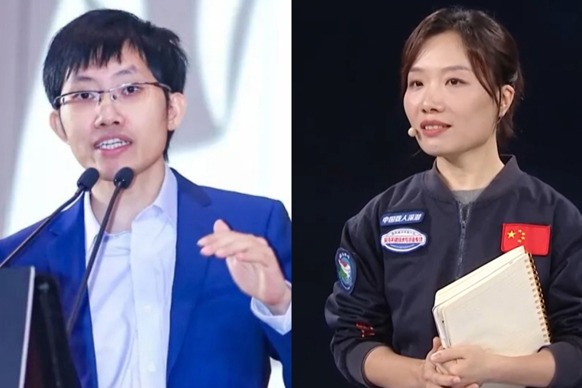Qoros to build plant in Sichuan with $797m investment
By Li Fusheng | China Daily | Updated: 2017-04-10 09:58
Chinese automaker Qoros is expected to build a new plant in Sichuan province, indicating investors' confidence in the young brand and its new energy car strategy.
Qoros, together with its parent company Chery Auto and Israel's Quantum Fund, will invest 5.5 billion yuan ($797.4 million) to build a manufacturing facility in Yibin city, according to an agreement signed with local authorities on April 6.
When completed, the facility will be capable of producing 500,000 cars annually, including 200,000 new energy vehicles. Yet details about how much each party will contribute and when construction will start remain unknown.
Qoros now has a plant in Changshu, Jiangsu province, which has an annual capacity of 150,000 cars.
While some analysts say the move will not offer the carmaker immediate help, others believe it shows investors are confident in the brand's future performance considering the gap between its sales and existing production capacity.
The automaker sold 24,188 cars last year, a 70 percent rise year-on-year, but not a laudable number in the world's largest market.
The new plant plan is the latest move in the automaker's new energy vehicle plan released late last year.
Qoros announced in December that it would soon receive a 500 million yuan loan from its parent companies, Chery Auto and Kenon Holdings, for developing and producing such vehicles.
Its first electric concept car, the Qoros 3 QLECTRIQ EV, which was shown at the Guangzhou auto show in November, can travel 350 kilometers on one charge.
Yang Yan, a public relations manager at Qoros, said the first production model of Qoros new energy vehicle will hit the market later this year or earlier next year.
She added that the company will also showcase a high-performance electric car co-developed with racecar maker Koenigsegg at the Shanghai auto show later this month. It will be launched in late 2018.
New energy vehicles, which constitute one pillar of Qoros' two-pronged strategy released last year, are intended to boost its lackluster performance.
Despite its acclaimed quality and design, Qoros has received a lukewarm reception in the market since its first model, a gasoline sedan, debuted in 2013.
It now has five models in the market, with its Qoros 5 SUV selling the most, accounting for 45 percent of its sales last year.
Financial statements from its parent company, Kenon Holdings, show Qoros revenue in 2016 reached 2.51 billion yuan. Despite a 72 percent surge year-on-year, the automaker ended up in the red last year.
Newly appointed CEO Leon Liu said Qoros has around 115 dealerships and each sells about 200 cars a year, while the industry average is around 500 cars.
"That shows there is a lot we can do," said Liu. He said Qoros will launch at least one new model each year to attract more customers and plans to increase the number of dealerships to 200 by the end of this year.
Liu told reporters in March that Qoros will strive to see "positive cash flow" this year, which happens to mark the 10th anniversary of its establishment.
























